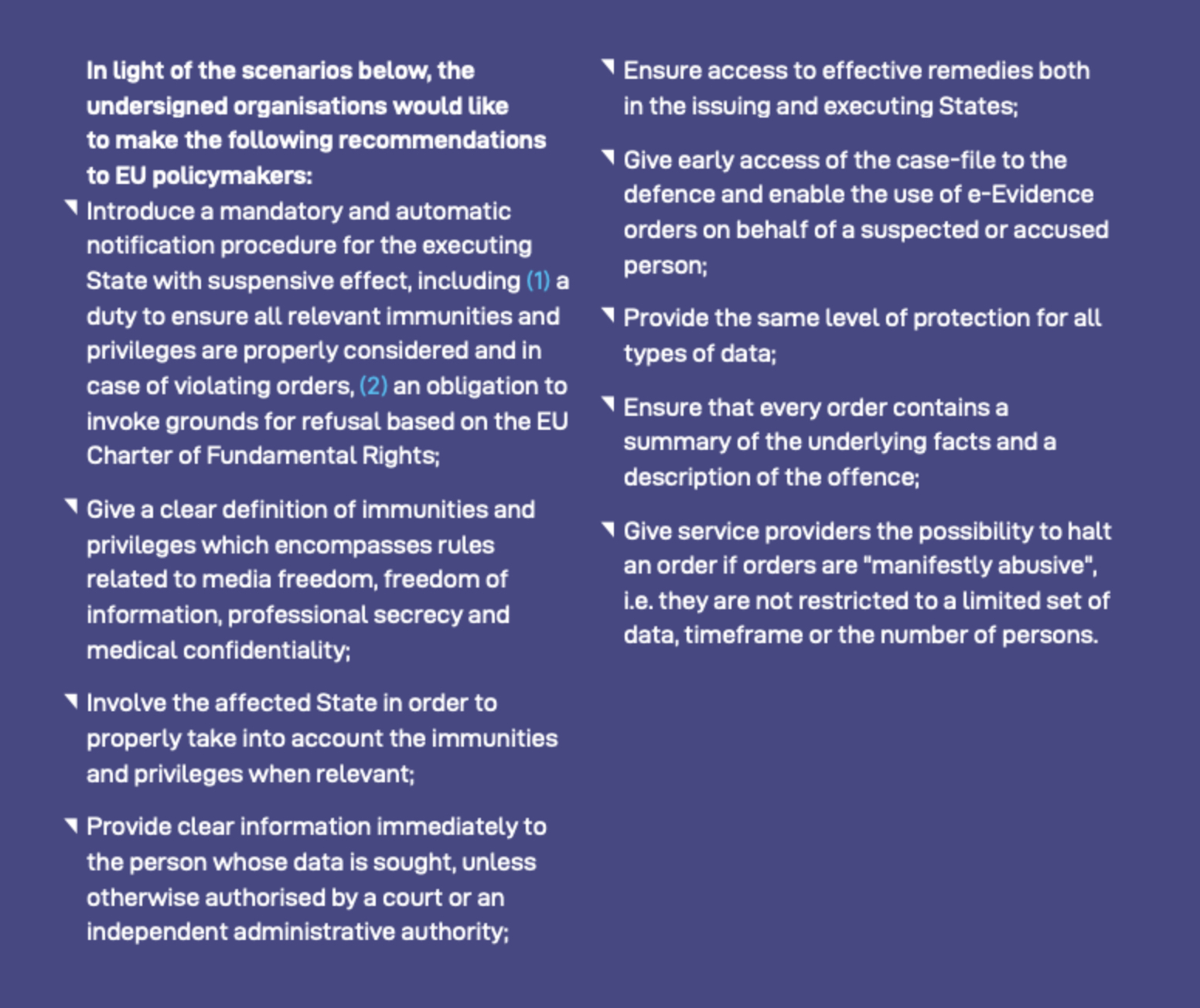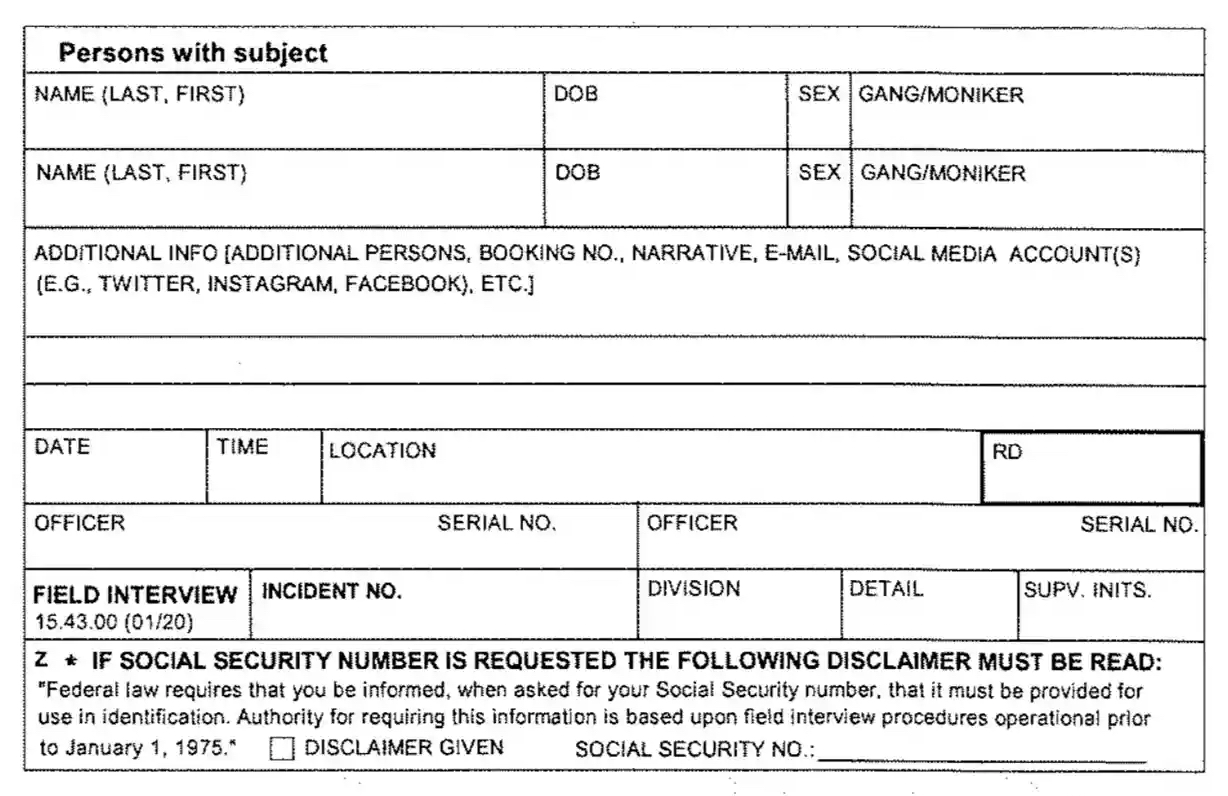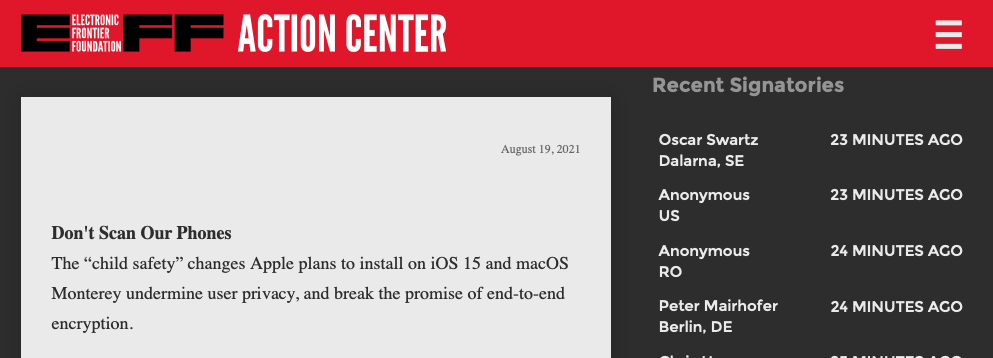eBevis är förslaget om att myndigheter i ett EU-land skall kunna begära ut data direkt från företag i en annan medlemsstat – utan att blanda in det andra landets rättsväsende. Utöver att förslaget är onödigt så medför det en rad risker – vad gäller pressens frihet, känslig persondata, rätten att protestera samt rätten till en opartisk och rättvis rättegång.
Redan för ett år sedan beskrev EDRi förslaget så här:
»The initial e-evidence proposal by the Commission aims to allow law enforcement agencies across the EU to access electronic information more quickly by requesting it directly from online service providers in other EU countries. Unfortunately, the Commission forgot to build in meaningful human rights safeguards that would protect suspects and other affected persons from unwarranted data access.
The Commission proposal is not only harmful, but simply not needed at this point. To speed up cross-border access to data for law enforcement, there already is the European Investigation Order (EIO). It exists only since 2018 and has never been systematically evaluated, let alone improved.«
Skillnaden mot den europeiska utredningsordern (EIO) är alltså att man vill att myndigheterna i låt säga Bulgarien skall kunna begära ut information och data direkt från företag i exempelvis Sverige, utan att blanda in svenska myndigheter.
Vilket kan vara problematiskt när det land som begär ut uppgifter inte håller tillräcklig standard vad gäller opartiskt rättsväsende, demokratiska principer eller rättssäkerhet.
I ett brev (PDF) uttryckte EDRi och 25 andra organisationer (däribland Europeiska Journalistfederationen, European Broadcasting Union, de europeiska tidningsutgivarna, organisationen för den europeiska internetindustrin, Wikimedia och många andra) redan i våras sin oro. I stora drag delar man i detta brev samma invändningar som gjorts av Tysklands justitiedepartement och EU:s dataskyddsombudsman.
De krav man framförde är följande. Vi tar dem på engelska för att inget skall tappas bort i översättningen:
- Articles 7, 8a, 9, 10, 10a: Need to ensure a legal, systematic and meaningful involvement of the executing Member State
- Article 10a: Protect lawyers, doctors and journalists
- Article 4: Ensure that orders are subject to judicial authorisation
- Article 11: Inform the affected person as soon as possible that the interference occurred
- Article 7a: Ensure the authenticity, security and efficiency of data exchanges
Man skrev även:
To conclude, we call on the negotiators to build a predictable, accountable legal structure for access to personal data across borders that does not undermine existing fundamental rights protection standards.
Vilket känns som ett högst rimligt krav. Speciellt i dessa tider då EU oroas över demokratin, det oberoende rättsväsendet och rättssäkerheten i flera medlemsländer.
Nu följs detta upp av EDRi och 13 andra medborgarrättsorganisationer som i ett antal scenarier visar hur förslaget om eBevis kan hota pressens frihet, känslig persondata, rätten att protestera samt rätten till en opartisk och rättvis rättegång. Läs om dessa scenarier i denna rapport (PDF).
Rapporten ger dessutom ett antal rekommendationer, som återges i faksimil under länkarna nedan.
Länkar:
• EDRi: Stories reveal profound flaws in the “e-Evidence Regulation” »
• Brev (PDF): Trilogue negotiations on the e-evidence proposal – European media and journalists, civil society groups, professional organisations and technology companies call on decision makers to protect fundamental rights »
• Ny rapport (PDF): Demonstrating gaps in the e-Evidence Regulation »











